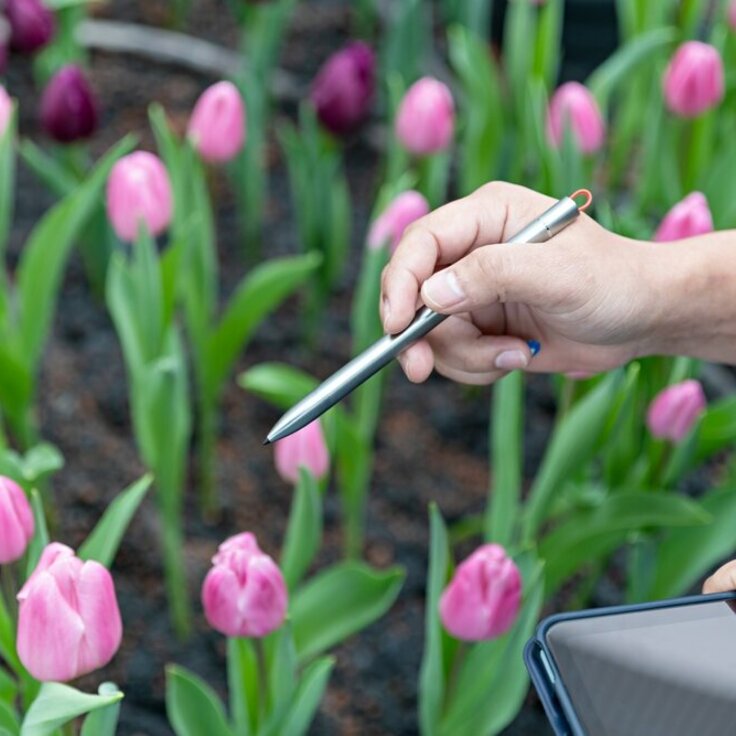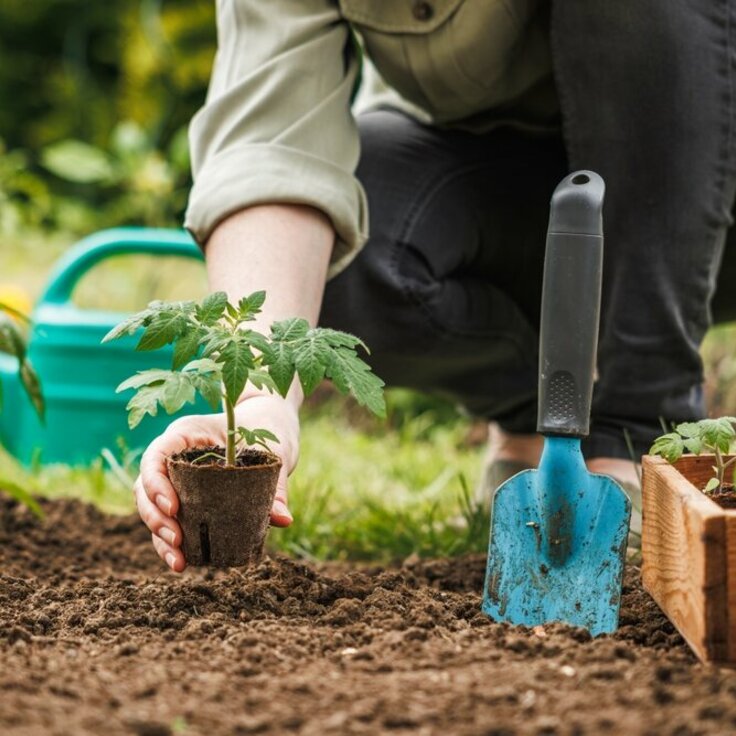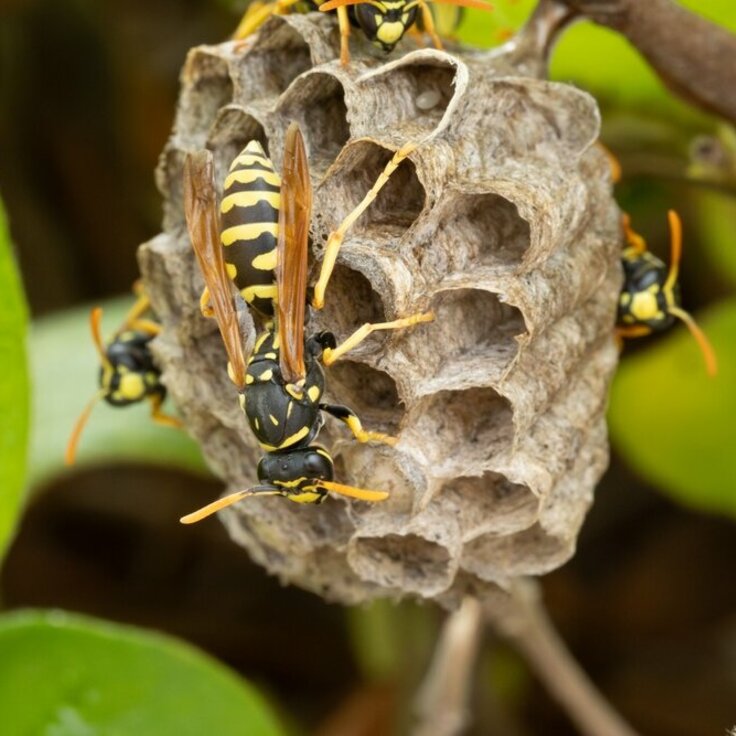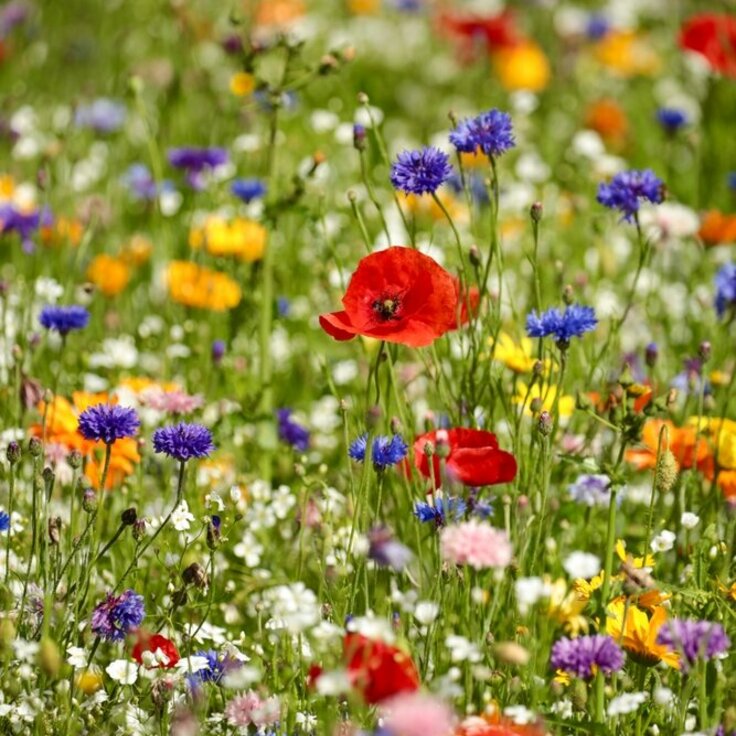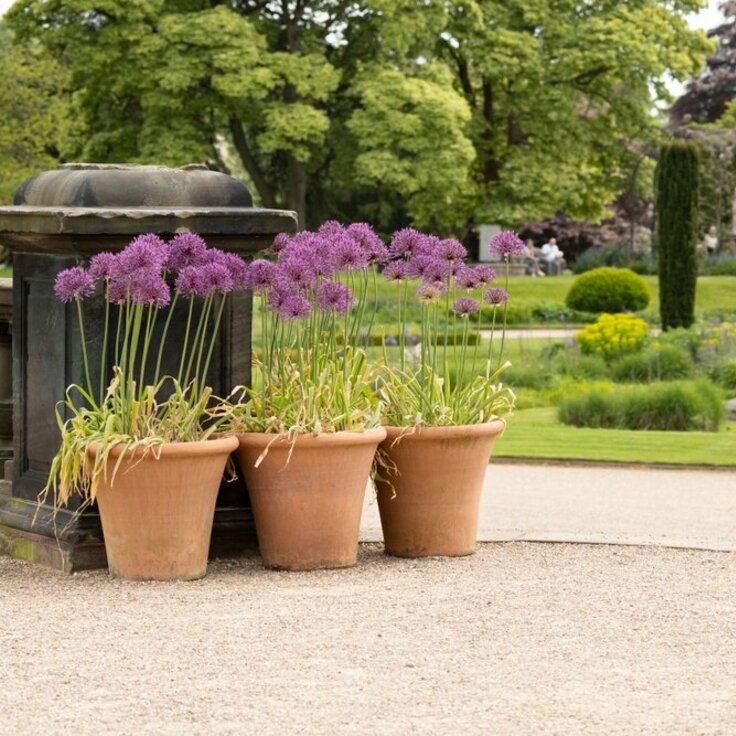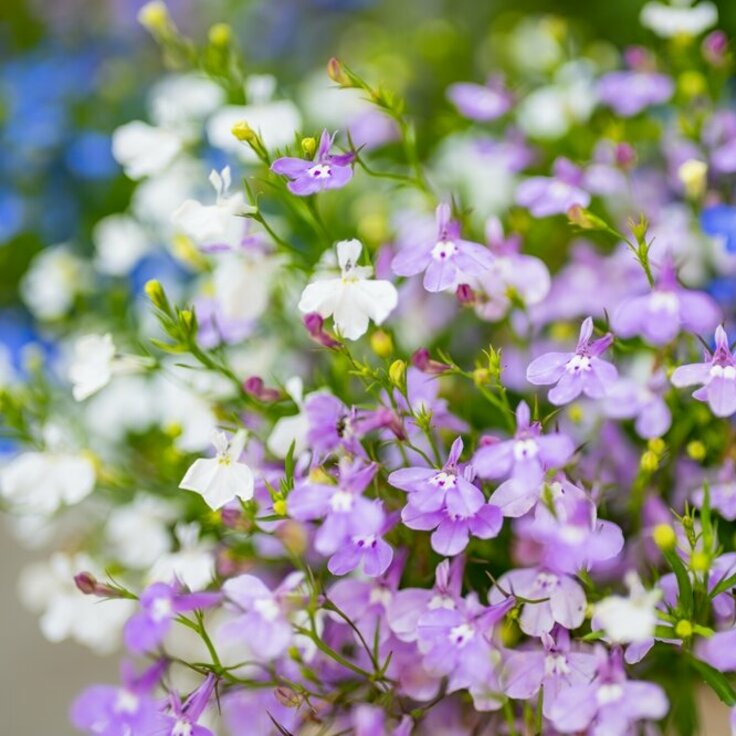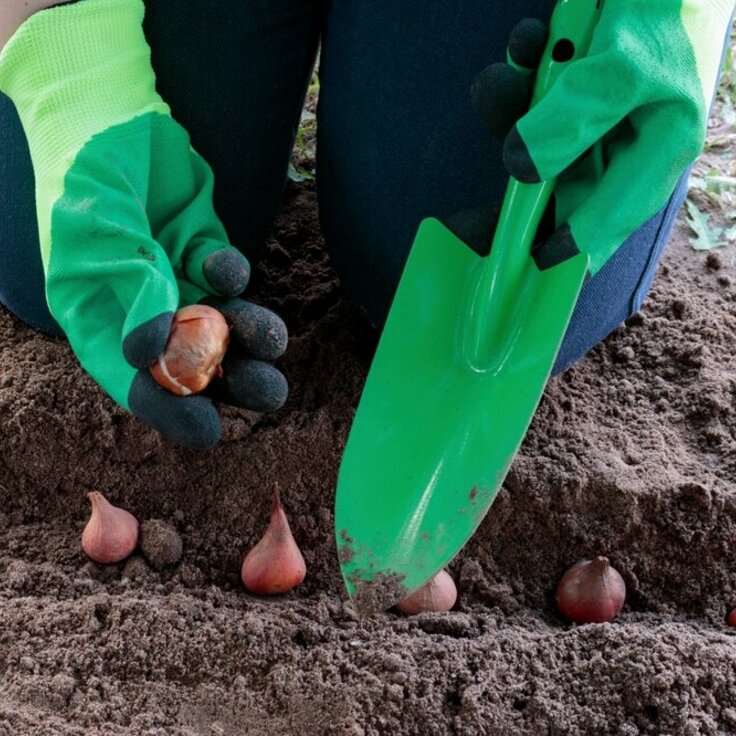Tips on how to maintain your summer plants
Adding plants to your outdoor space is a great way to add beauty and create a more welcoming environment. However, it's important to maintain them properly to ensure they thrive and continue to add beauty to your outdoor space. Here are some tips for maintaining bedding plants, roses, shrubs, and fruit trees.
Summer is a beautiful time of the year to enjoy your garden, filled with blooming flowers, lush greenery, and fresh produce. But as the temperatures rise, so do the challenges of keeping your plants healthy and thriving. Whether you're a seasoned gardener or just starting out, here are some tips to help you maintain your summer plants and keep your garden looking its best.
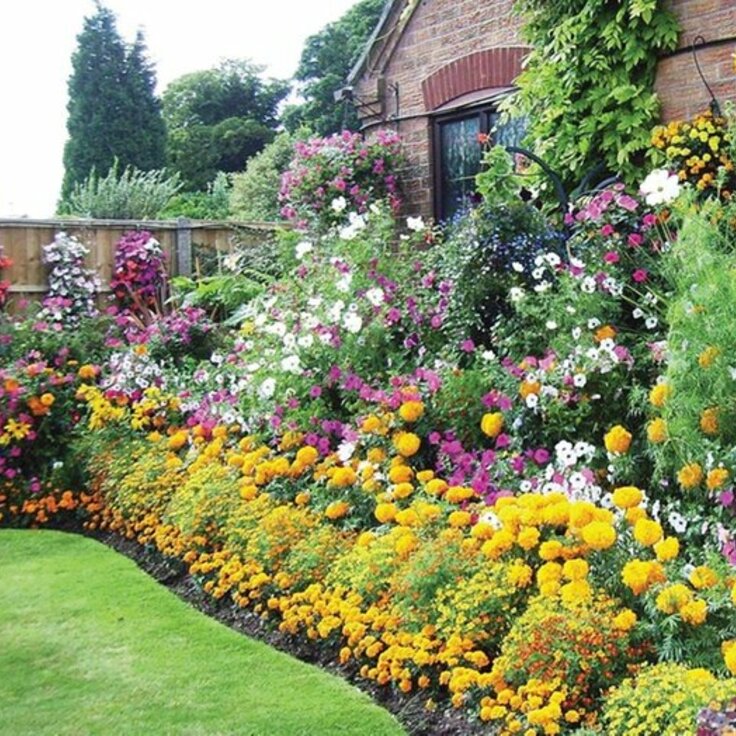
Water your plants regularly
Water is essential for the growth and survival of all plants, especially during the hot summer months when the soil can dry out quickly. The key is to water your plants deeply and regularly, rather than giving them a light sprinkle. Watering deeply will encourage the roots to grow deeper into the soil, which will help them access more water and nutrients.
The best time to water your plants is early in the morning or late in the evening when the temperatures are cooler. This will prevent the water from evaporating too quickly and reduce the risk of fungal diseases. Be sure to water the base of the plant rather than the leaves, as wet leaves can also promote fungal growth.
Mulch your plants
Mulch is a layer of organic material that is spread over the soil around your plants. It helps to retain moisture, suppress weeds, and regulate soil temperature, all of which are important for the health of your plants. Organic mulches like wood chips, straws, and leaves can also break down over time and add nutrients to the soil.
Apply a 2-3 inch layer of mulch around your plants, taking care to keep it away from the stems and foliage. This will help to prevent rot and fungal diseases. Mulch also provides a neat and tidy appearance to your garden.
Fertilize your plants
Plants need nutrients to grow and flourish, and fertilizing is an important part of maintaining your summer garden. However, too much fertilizer can be harmful to your plants, so it's important to follow the instructions carefully and apply it sparingly.
Organic fertilizers like compost, fish emulsion, and bone meal are a great choice for summer plants as they release nutrients slowly over time. Apply fertilizers when the soil is moist and avoid fertilizing during hot weather or when plants are experiencing stress.
Prune your plants
Pruning is the process of removing dead, damaged, or overgrown branches from your plants. It's important to prune your plants regularly to promote healthy growth and prevent disease. Pruning also encourages your plants to produce more blooms or fruit.
Prune your plants in the early morning or late evening when the temperatures are cooler. Use clean, sharp pruning tools and make clean cuts just above a healthy bud or branch. Avoid pruning during periods of drought or extreme heat, as this can stress the plant.
Protect your plants from pests and diseases
Pests and diseases can wreak havoc on your summer garden if left unchecked. Prevention is the best defence, so start by planting disease-resistant varieties and keeping your garden clean and tidy. Remove any dead or diseased plant material and dispose of it properly.
If you do notice signs of pests or disease, act quickly to control the problem. There are many organic remedies available, including insecticidal soap, neem oil, and diatomaceous earth. Always follow the instructions carefully and use caution when applying these products.
Maintaining your summer plants takes a bit of effort and attention, but the rewards are well worth it. By following these tips, you can keep your garden healthy and thriving all summer long. Happy gardening!

